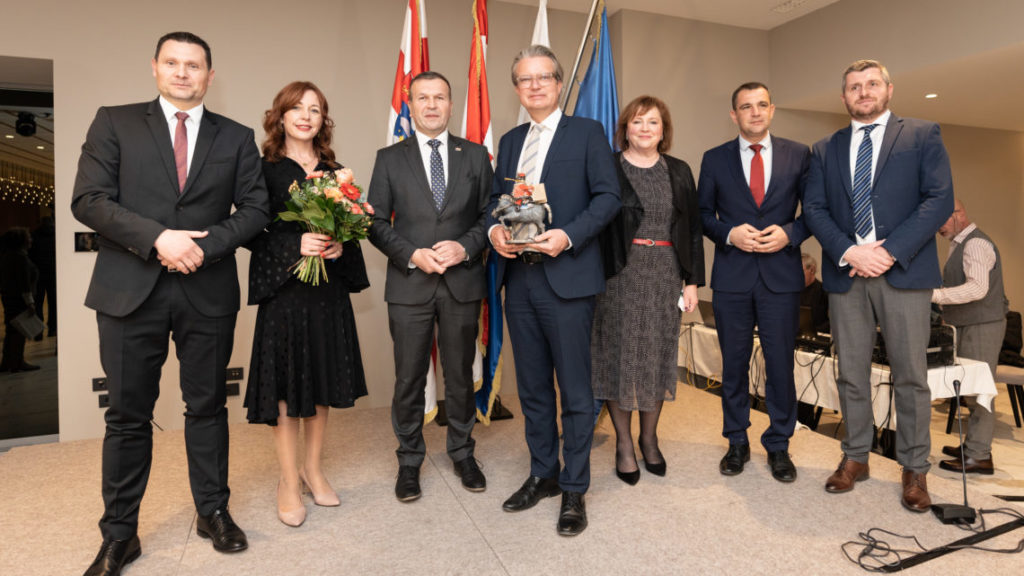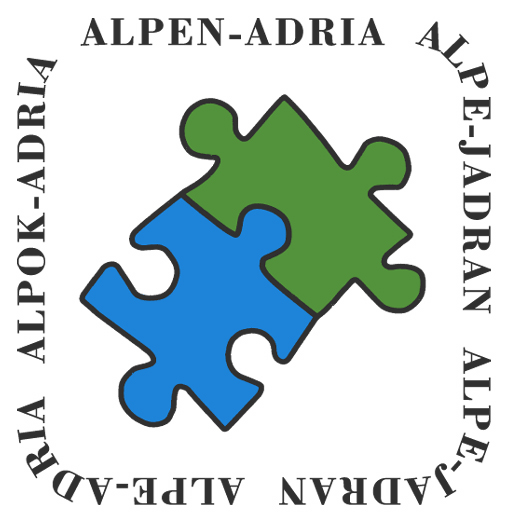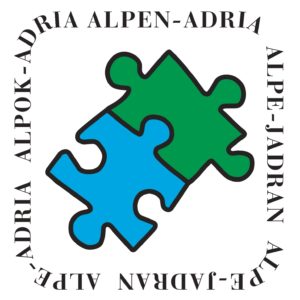Regional Minister Christopher Drexler wants to expand cooperation with other regions in the Western Balkans
The Styrian Regional Minister for European Affairs, Christopher Drexler, officially took over the presidency of the Alps-Adriatic-Alliance at the regular meeting of the Alps-Adriatic Council in the Croatian city of Varaždin on March 9th 2022. As the new president, he wants to use his two-year term in office to “continue to bring people together in the Alps-Adriatic area, but also to address potentially new partner regions from the Western Balkans”, stated the Regional Minister. “For me, this meeting of an organization in which the spirit of friendly and peaceful cooperation can be felt so strongly across all borders is an uplifting sign of international understanding at a time when peace in Europe has been broken in an unimaginable way,” added Christopher Drexler, referring to the terrible events in Ukraine.

Minister Drexler thanked the County Prefect of Varaždin, Anđelko Stričak and his predecessor, Radimir Čačić for their commitment and successes they have achieved over the past four years. “Varaždin has presented a strategic program that promotes interregional cooperation in the interests of the people in our regions and thus corresponds to the motto of the European Union ‘United in Diversity’,” said Drexler. Prefect Stričak thanked all representatives of the Alliance for the constructive and congenial cooperation: “With the SAA-2027 strategy supported by all members, the alliance was able to give itself an orientation for its development in the coming years, which will continue to be successfully promoted under the chairmanship of Styria,” said Stričak with confidence.
The Alps-Adriatic Alliance emerged nine years ago from the “Alps-Adriatic Working Community”, which had already been founded in 1978 – incidentally on the initiative of Styria – and after the accession of Hungarian counties, regions on both sides of the “Iron Curtain” worked together in the form of a historically unique cooperation. So far, the Alliance consisted of eleven neighboring members from Croatia, Austria, Slovenia and Hungary. With today’s council meeting, Zagreb County, which has more than 300,000 inhabitants from the area surrounding the Croatian capital, joined as the twelfth member. Zagreb County´s Deputy Prefect Ervin Kolarec “looks forward to future cooperation in the Alps-Adriatic-Alliance, to which Zagreb County will be happy to contribute.” Zagreb County Tourist Board joined the Alliance as an associated member and will bring it´s know how into the network.
In the course of the Styrian presidency, Regional Minister Drexler not only strives towards a stronger involvement of the regions from the six Western Balkan countries Albania, Bosnia-Herzegovina, Kosovo, Montenegro, North Macedonia and Serbia, whereby synergies with the Western Balkans-focus of the region of Styria should become beneficial. Also former Alps-Adriatic Working Community-members from northern Italy, such as the founding member Friuli-Venezia Giulia, should be won over again for the Alps-Adriatic Alliance. Drexler also focuses on the targeted and efficient approach to EU-funding for the implementation of joint projects.
Speaking of projects: Their conception and implementation are supported from Alliance’s budget (roughly € 56,000 per year), which is fed from the membership fees of the regions. However, by applying for EU funding, the project applicants have access to a multiple of the amount granted by the Alps-Adriatic Alliance.
In the past eight years, the total number of 260 projects has been supported by the Alliance. Each member has a thematic focus to look after, the so-called “Thematic Coordination Points (TCPs). Around 90 of these projects carried out – this is by far the highest number – can be assigned to the TCP on Art and Culture, which is coordinated by the Regional Government of Styria, and 63 were handed in by the TCP on Sports, which is now also coordinated by the Styrian Regional Government. This is a pleasing fact – not just from the Styrian point of view – but also for the benefit of every organization involved in these projects. Because of the great interest in joint projects, the next funding call will be announced in April.
Some of these successful projects were also presented at the Council meeting, such as the new edition of the Alps-Adriatic Bicycle Path Map or the project “Slow Light – Seeking Darkness”, which deals with the ecological, social and artistic aspects of light pollution, as well as the annual awarding of pumpkin seed oils from all over the Alps-Adriatic area in Varaždin.
Bridging the gap between the Alps-Adriatic-Alliance and the Western Balkans is currently being undertaken with the “SOLICO Solidarity after the Corona Pandemic” project. The project, which is supported with around € 150,000 from the EU program “Europe for Citizens” and led by Styria, brings all the states of the former Yugoslavia together with partner regions from Hungary and Austria for the first time. A SOLICO-workshop took place in Varaždin on March 10th 2022.
The Alps-Adriatic Alliance is also open to non-governmental organizations and initiatives for joint projects in the member regions. The General Secretariat is installed at the Regional Government of Carinthia in Klagenfurt.

